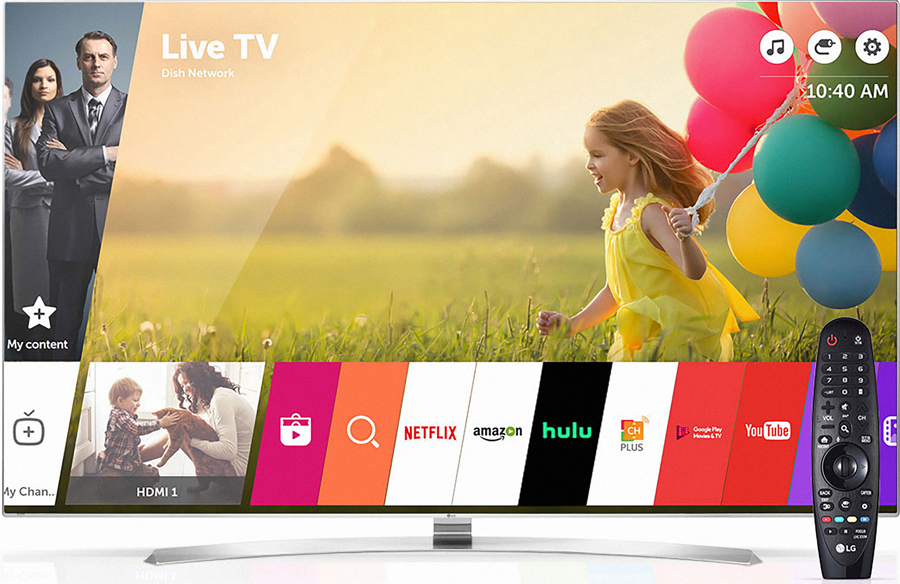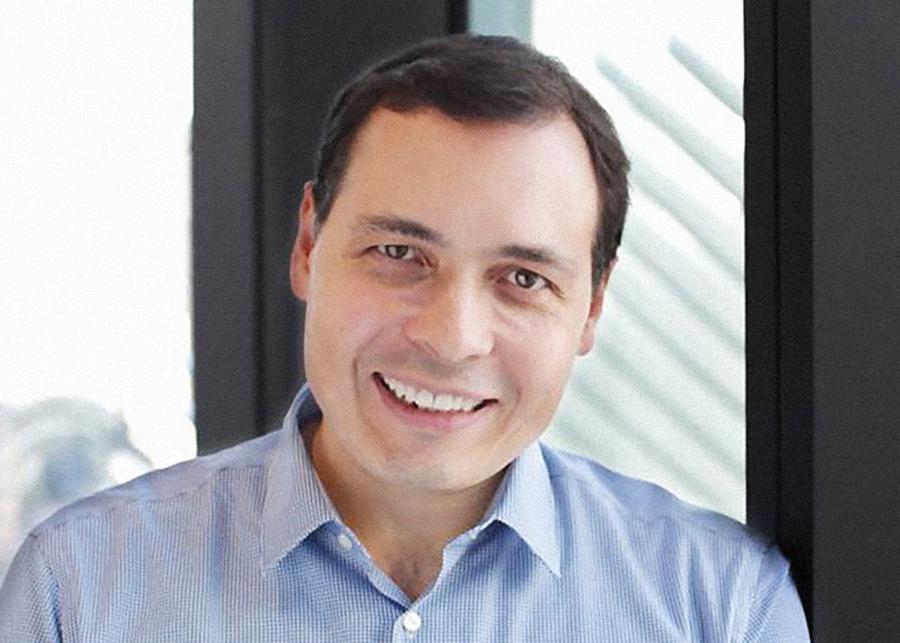Can Anyone Top Nielsen in the Measurement Business?
Data and analytic rivals see opportunity as media business changes

The smarter way to stay on top of broadcasting and cable industry. Sign up below
You are now subscribed
Your newsletter sign-up was successful
Shifts in media consumption are forcing measurement companies to change the way they do business, and that has smaller data and analytics firms seeing opportunities providing new services to networks and advertising buyers.
A cluster of deals in January highlighted that this will be an interesting year in measurement.
Nielsen, the longtime leader in the TV measurement business, in December outlined changes it plans to make over the next few years to meet industry demand for ratings that cover impressions on all screens for individual commercials.
And that might be enough to keep Nielsen on top.
“In the case of measurement, you have what is essentially a natural monopoly. It’s a business where market participants want a unified, standardized currency. That almost by definition means there’s room for one provider,” argued Brian Wieser, the former analyst who is now global president, business intelligence, at GroupM.

As long as advertisers want a trusted provider of age and gender-based demo-graphic measure, it would be prohibitively expensive and probably a bad investment to try to replicate everything Nielsen does, Wieser said.
But COVID-19 has accelerated change in the media and advertising business. “The pandemic probably made it ever more important for people to get into granular audience measurement — Who are you showing ads to? What actions do they take subsequently? — rather than just rely on the gross ratings points and broad measurement they were getting from Nielsen,” said Raghu Kodige, co-founder and chief product officer of Alphonso.
The smarter way to stay on top of broadcasting and cable industry. Sign up below

Alphonso on Jan. 7 sold a controlling stake for $80 million to smart TV set maker LG Electronics, which will set up an ad business based on Alphonso’s analytics and targeting capabilities.
Data to Drive a Shakeout
Kodige thinks there will be a consolidation in the measurement industry, with companies that have access to big data — like LG’s — having an advantage.
“I don’t think measurement in the future will be dominated by one company. There will not be one currency for the media business,” Samba TV co-founder and CEO Ashwin Navin said. “There’ll be multiple currencies.”
Access to data might determine the number of players. “The third-party measurement space is challenged,” Navin said. With new privacy rules, a limited number of home electronics and MVPDs will have first-party data, and those that don’t have a sturdy relationship to that data won’t be able to persist.
Samba is bolstering its first-person relationship with consumers with a product called Picture Perfect, which uses artificial intelligence to automatically adjust the picture settings depending on whether viewers are watching live sports, movies or playing games on sets made by Toshiba, Panasonic, Hitachi, JVC and Telefunken.
Navin called AI a foundational technology for Samba that will unlock other innovations, including dynamic contextual advertising applications, for which automated content recognition is not as well-suited.
iSpot.tv on Jan. 14 acquired Ace Metrix, broadening what it can offer clients.
“We are focused historically on measuring audiences and business outcomes,” iSpot CEO Sean Muller said. “Now we bring brand impact into the fold. We’re the first platform that’s connecting those to things in a meaningful and significant way in real time.”

Since COVID, Muller said that, since COVID, clients have been more sensitive about the creative messages they’re putting into the market. Ace Metrix will enable iSpot to tell them what’s helping their image as well as their sales.
iSpot will also be able to calculate how those two factors interact, making them more valuable to a broader range of client executives. “We’re squarely focused on the media and analytics teams,” Muller said. “Ace Metrix is squarely in the brand world. This makes us a more integral partner to the CMO and the entire marketing team.”
Muller figures iSpot is already ahead of Nielsen and the rest of the industry in measuring viewing and outcomes in real time. “Now we’re really bringing brands a complete solution.”
Comscore, which on Jan. 7 brought in Charter Communications, Qurate and Cerberus as strategic partners in a $204 million deal, also thinks it’s running ahead of Nielsen.

“We believe that we already are No. 1 in impression measurement,” Comscore CEO Bill Livek said. “We essentially have complete census measurement that gives us the unique ability to measure the product people buy crosstabbed with precise ratings to the second. That’s where the world is going.”
Seeking Accountability
“Brands are looking to have a level of accountability with their agencies in the media providers,” added Chris Wilson, Comscore’s chief commercial officer. “This puts us in a position to really provide the future measurement that both the buy side and the sell side need to succeed.”
Livek said the Comscore deal was the most exciting news in measurement in a long time.
“Media will never be the same after COVID nor will its measurement. This is literally, pun intended, a shot in the arm for the measurement business.”
Jon has been business editor of Broadcasting+Cable since 2010. He focuses on revenue-generating activities, including advertising and distribution, as well as executive intrigue and merger and acquisition activity. Just about any story is fair game, if a dollar sign can make its way into the article. Before B+C, Jon covered the industry for TVWeek, Cable World, Electronic Media, Advertising Age and The New York Post. A native New Yorker, Jon is hiding in plain sight in the suburbs of Chicago.

